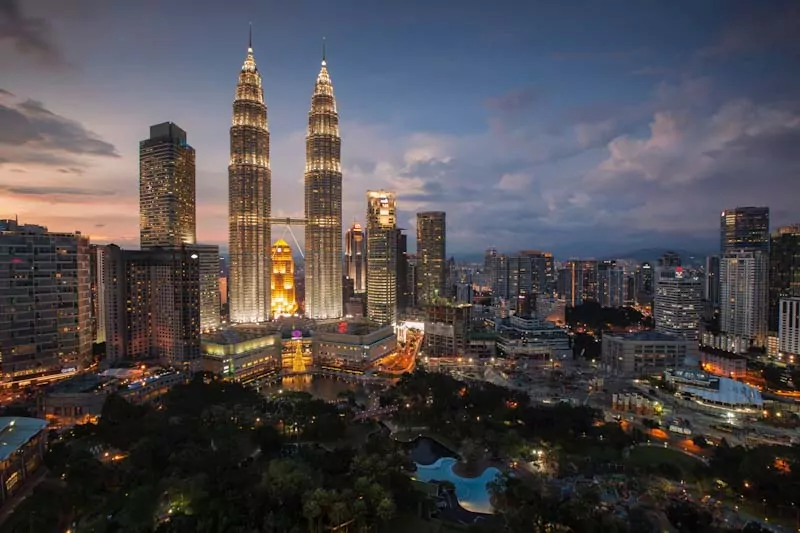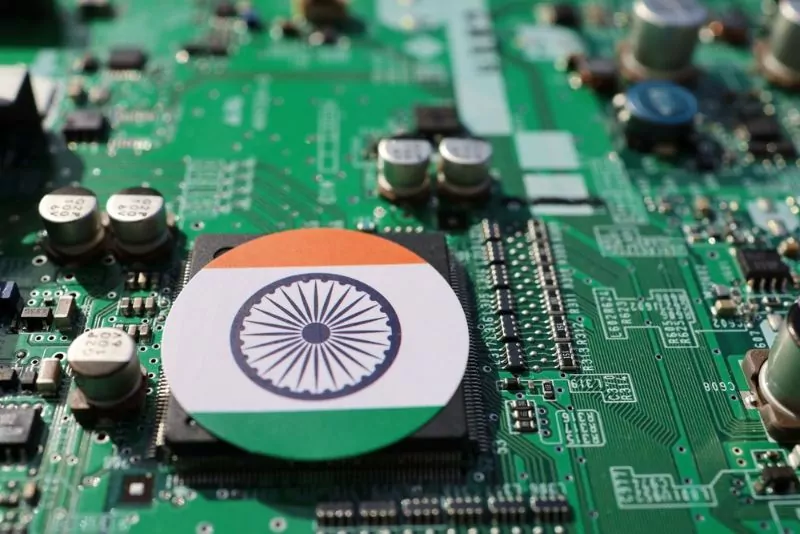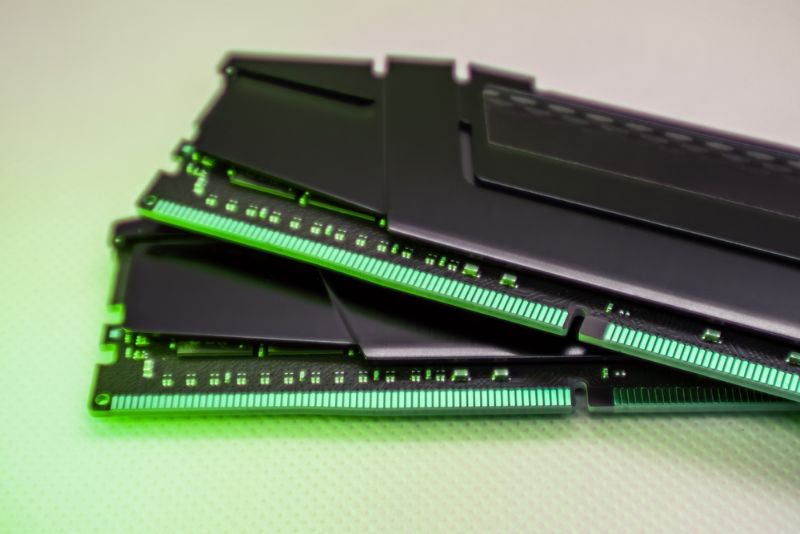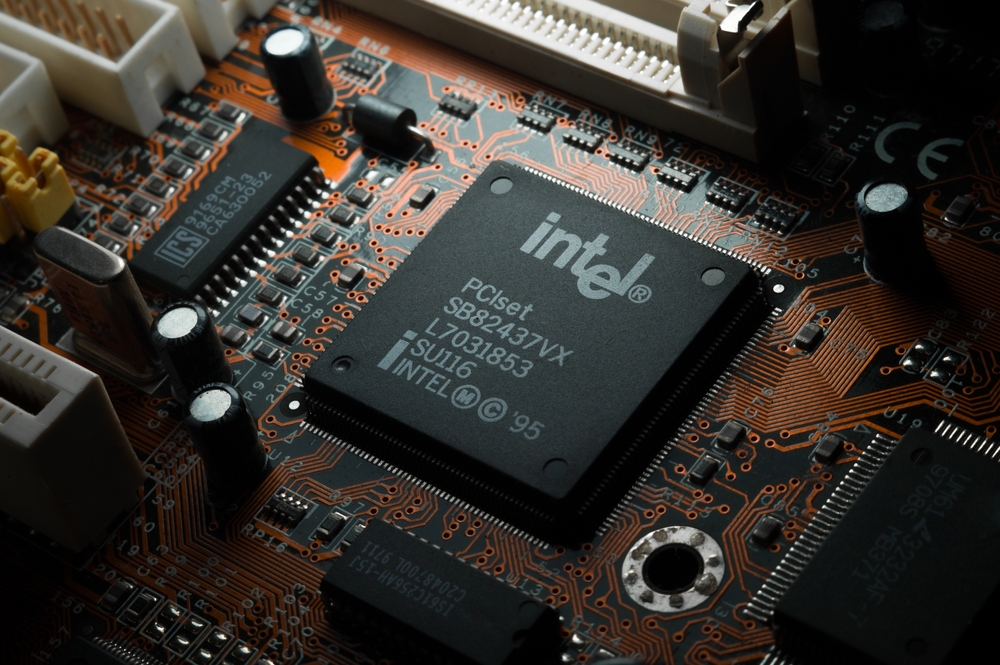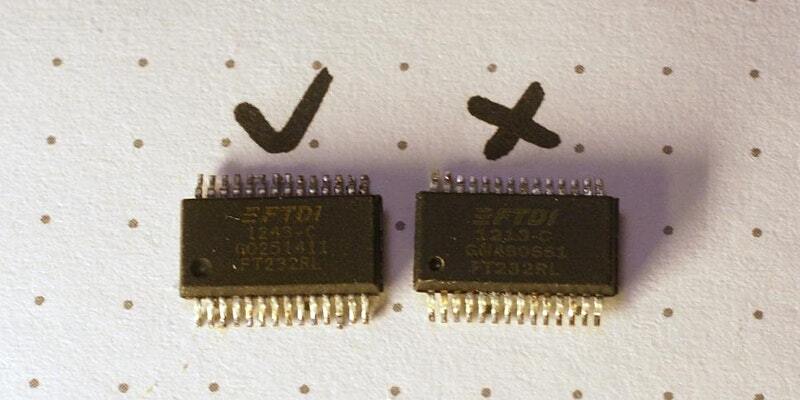India says it can become the world’s largest semiconductor manufacturing location in the next 4-5 years, “if you have the right ecosystem in place”, according to Ashwini Vaishnaw, Minister of India’s Electronics and Information Technology Union.
“We know for sure that in the coming 4-5 years, India will become the biggest semiconductor manufacturing destination in the world if you have the ecosystem in place. Our focus is making sure that the right ecosystem is built,” Vaishnaw said as reported in the Indian Express.
Describing semiconductor manufacturing as a complex process, Vaishnaw highlighted the need for specialty chemicals, gases, reliable power and ultrapure water. Even brief voltage fluctuations can disrupt production throughout the day, he said. At the same time, he pointed out that the production cost in India will be the most competitive in the world.
However, there are some challenges that will need to be addressed to kick-start and sustain semiconductor manufacturing in India, Vaishnaw said. “When we are creating a new industry, people have a tendency to wait and watch, which is very natural,” he said.
Competition is hotting up, as Malaysian Deputy Prime Minister Ahmad Zahid stated that Malaysia should cooperate with Southeast Asian countries to develop semiconductors, with the goal of increasing the country’s share of the global semiconductor industry to 15% by 2030, according to the Malay Mail.
Zahid pointed out that Malaysia is already the seventh-largest semiconductor exporter in the world and a major country in semiconductor assembly, testing, and packaging. It currently accounts for 13% of the global market.
He said that Malaysia should cooperate rather than compete with Southeast Asian countries in the semiconductor field so that it can effectively attract investment from multinational companies.
To avoid electronics supply-chain disruptions, you may also wish to consult an expert in electronics component supply. With more than three decades of supply-chain expertise, Astute Electronics is ideally placed to work with you on your daily component requirements.
For more help with looking at supply chain options, contact Astute Electronics

